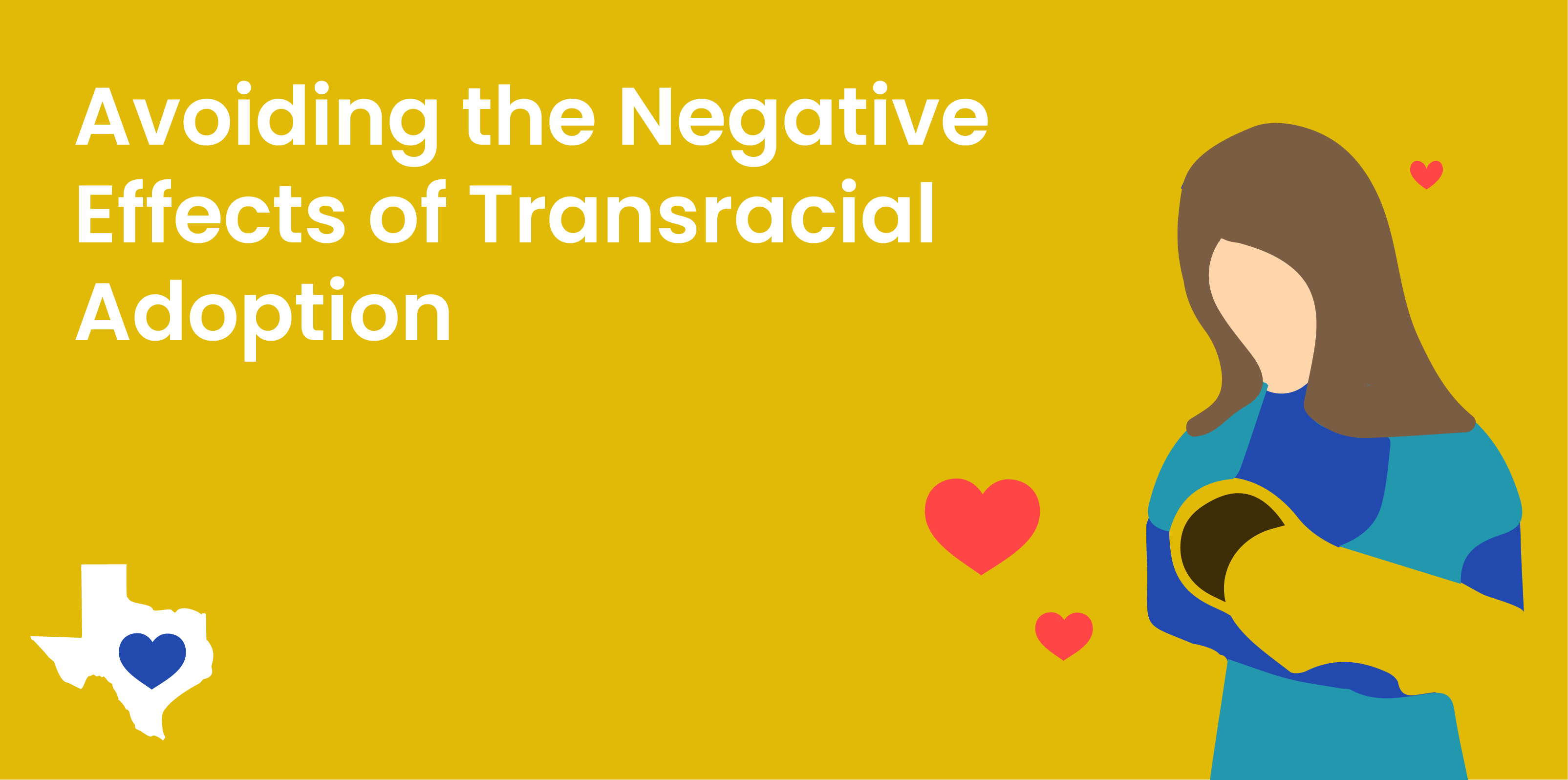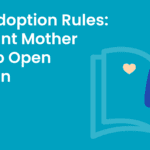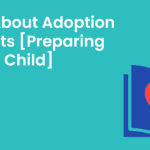
Transracial adoption, where children of one race or ethnicity are adopted by parents of another, is a beautiful expression of love and family. However, it comes with its own set of challenges and potential negative impacts on the adopted children, if not navigated carefully. Adoptive parents need to be aware of these challenges and equipped with strategies to mitigate their effects, ensuring a nurturing environment where the child can thrive.
In this article, we’ll dive into the potential difficulties of transracial adoption and offer proactive measures and culturally sensitive parenting strategies to foster positive outcomes.
Understanding the Challenges
Transracial adoption can present unique challenges for both the adoptive parents and the child. Some of these challenges include:
- Identity Formation: Children adopted into families of a different race may struggle with their identity formation. They may grapple with questions about their cultural heritage, racial identity, and where they fit into society.
- Racial Discrimination and Prejudice: Adopted children may face discrimination or prejudice based on their race, which can affect their self-esteem and mental well-being.
- Cultural Disconnect: Growing up in a family with different cultural practices and traditions can lead to a sense of disconnection from one’s own cultural roots.
- Lack of Role Models: Without access to same-race role models and cultural mirrors, children may struggle to find relatable figures who share their racial or ethnic background.
Proactive Measures for Adoptive Parents
There are many proactive steps that parents can take before even considering adoption transracially to mitigate these challenges. The proactive measures should continue lifelong. Here are the steps you can take:
- Cultural Education and Exposure
Adoptive parents should actively educate themselves and their child about the child’s racial and cultural heritage. This can include reading books, watching films, attending cultural events, and connecting with communities of the child’s racial or ethnic background.
- Create a Culturally Inclusive Environment
Start to incorporate elements of the child’s culture into daily life, such as celebrating cultural events, cooking traditional meals, and learning the language if applicable.
- Build a Support Network
Connect with other transracial adoptive families and seek support from professionals who specialize in transracial adoption. A strong support network can provide valuable guidance and validation for both parents and children.
- Encourage Open Dialogue
Foster open and honest communication about race, identity, and adoption within the family. Provide information and education on transracial adoption to other family members, ensuring you are all on the same page.
- Address Discrimination
Equip yourself and your family with tools to navigate instances of discrimination or prejudice that may be encountered. Learn about your and your child’s rights, and prepare to assert yourself as a parent of a child of another race in the face of discrimination, even within your own circle
Culturally Sensitive Parenting Strategies
Being a wonderful parent to a child of another race requires acknowledging and embracing the differences between you and your baby. Here are some of the parenting strategies that will help your child thrive.
Embrace Diversity
Embracing diversity goes beyond mere acknowledgment; it involves actively fostering an environment where differences are celebrated and valued. Encourage your child to explore various cultures, traditions, and perspectives through books, movies, music, and cultural events. By exposing them to a wide range of experiences, you help them develop empathy, understanding, and an appreciation for the richness of human diversity. Engage in discussions about diversity and inclusion, and encourage your child to ask questions and share their thoughts openly.
Model Cultural Respect
As a parent, you are your child’s most influential role model. Demonstrate respect and appreciation for all cultures through your words, actions, and interactions. Avoid making assumptions or generalizations about people based on their race or ethnicity. Instead, teach your child to approach each individual as a unique person deserving of respect and dignity. Challenge stereotypes and biases whenever they arise, and highlight the contributions and achievements of diverse cultural groups.
This is a parenting strategy that is necessary regardless of the race/ethnicity of the child.
Validate Feelings
It’s crucial to create a safe and supportive environment where your child feels comfortable expressing their feelings about their racial and cultural identity. Listen actively to their experiences, concerns, and questions without judgment or dismissal. Validate their emotions and reassure them that it’s normal to have complex feelings about their identity. Encourage open dialogue and let them know that you are there to support them unconditionally, no matter what they may be going through.
Celebrate Differences
Celebrating differences involves more than just tolerance; it means actively embracing and honoring the unique qualities and contributions of each family member. Encourage your child to take pride in their cultural heritage and celebrate it in meaningful ways, whether through food, experiences, music, art, or storytelling.
Create opportunities for your entire family to learn from each other’s cultural backgrounds and traditions, fostering a sense of belonging and mutual respect. Celebrating diversity within your family unit teaches your child to value diversity in the broader world.
Continual Learning and Growth
Parenting a transracial adoptee is a journey of continual learning and growth for both you and your child. Stay open to new ideas, perspectives, and experiences, and be willing to challenge your own assumptions and biases. Educate yourself about the unique challenges and experiences faced by transracial adoptees, and seek out resources and support networks to help you navigate these complexities.
Be proactive in addressing issues of race and identity as they arise, and empower your child to navigate the world with confidence and resilience.
Navigate Adoptions With Texas Adoption Center
Transracial adoption can be a rewarding and enriching experience for both the child and the adoptive family, but it also comes with its own set of challenges. Adoptive parents can help mitigate any potential negative impacts of transracial adoption and create a supportive environment where their child can thrive. Through love, education, and respect for their cultural heritage, transracial adoptees can grow up with a strong sense of identity and belonging.
Texas Adoption Center is here to help prospective adoptive parents navigate the adoption process, and grow their family. We understand the challenges of adoption and we’re here to help you and support birth mothers. Learn more today.
here to help you and support birth mothers. Learn more today.






